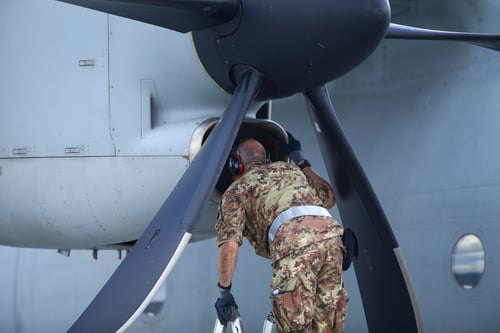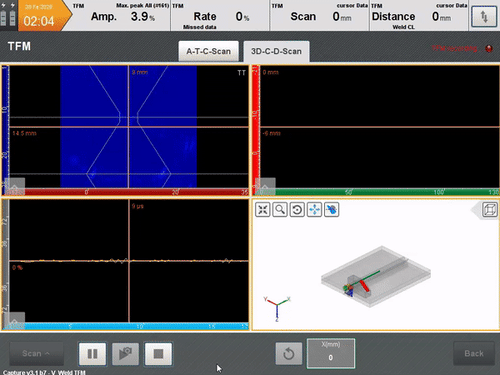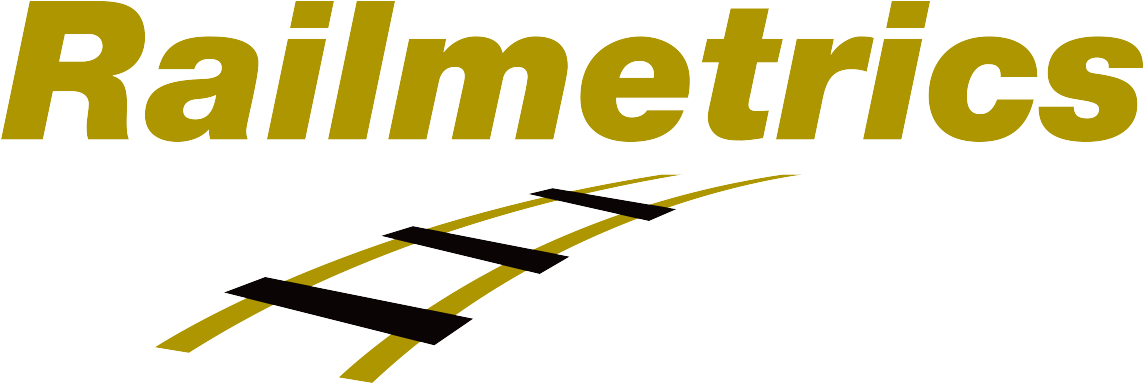When it comes to inspecting the various components of military airbase assets —right down to the dovetails and blade roots found in army aircraft engines— PAUT offers a distinct advantage over conventional non-destructive evaluation (NDE) methods. Technicians can focus and steer the ultrasonic beam electronically without physically moving the transducer in these intricate spaces. Total focusing method, or TFM, is a technique that can further enhance phased array data for a higher Probability of Detection (PoD). PAUT and TFM are suitable for inspecting fastener holes without needing to remove the fastener, mapping corrosion on fuselage, assessing fatigue cracking on landing gear, and analyzing aircraft composite structures like CFRP stringers and stiffeners.

These analysis measurements provide information on the size, volume, location, and configuration of any defects found. Volumetric defects are usually calculated using amplitude-based methods. To accurately characterize deficiencies, inspectors require A-scan signals to measure any amplitude information. The Gekko® and Mantis™ portable PAUT instruments by Eddyfi Technologies not only display real-time TFM, they provide all the necessary views: A-scan, C-scan, D-scan, echo dynamics, sideview, and 3D view. Cracks and other planar flaws are distinguished with a tip-diffraction approach. TFM demonstrates its diversity as an NDE technique for army, navy and air force assets with its ability to meticulously detect and characterize surface cracking; learn more here.

Paralysis by analysis isn’t an issue here. Both instruments are equipped with an intuitive user interface, fittingly called Capture™, containing helpful guides and analysis tools including cursors and indicators that elevate any level inspector without extensive training required. See the difference that Capture™ makes here.
Building on the need for precise surface and near-surface inspections, eddy current testing (ECT) technology offers a complementary solution to ultrasonics—especially for military ground vehicles, aircraft structures, and munitions. The MIZ®-21C portable ECT instrument is ideal for field and depot-level inspections, delivering clear data to detect cracks, corrosion, or material degradation on armored panels, landing gear, and bomb shells. With dedicated probes and intuitive software, it enables fast, reliable evaluations without coating removal—making it a trusted choice for defense maintenance programs operating under tight timelines. Ask an expert how the MIZ-21C can strengthen your inspection strategy.
.jpg?width=500&height=333&name=MIZ-21C%20PAUT%20Probe%20Aerospace%20(9).jpg)
The introduction of automated ultrasonic testing (AUT) scanner solutions and dedicated software platforms has enabled significant improvement in accurate results when inspecting naval ships or submarines, flight and hangar decks. The Gekko or Mantis paired with our automated phased array ultrasonic testing inspection solution, deliver reliable ultrasonic readings with presented data sets; enhanced precision and positioning enable operators to correctly determine defect areas. Capture software provides auditable data that can be overlaid to visually assess corrosion rates for a better understanding of remaining wall thickness of ship hulls, for example.
-01.jpg?width=500&name=1-2-1024x651-(1)-01.jpg)
Discover how Capture 5.0 is revolutionizing NDT inspections—watch the exclusive webinar excerpt now and explore its powerful new capabilities!
In a sector all too familiar with the value of intelligence used for critical action, Eddyfi Technologies’ advanced NDT solutions provide the most comprehensive set of data to enhance productivity, save lives, and protect the environment. Contact our experts to discuss your military and security inspection requirements today.





.png)